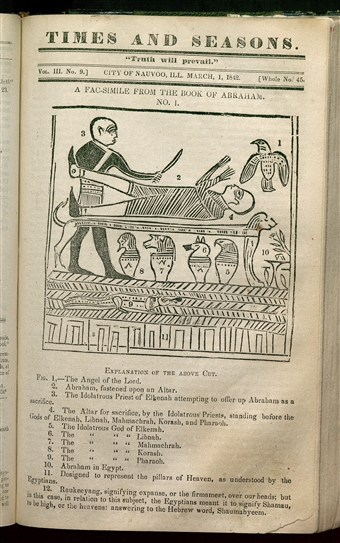The KJV translators probably transliterated "Alpha and Omega" because the exact translation as "A and Z" just sounded childish. In fact "Alpha and Omega" probably sounded just that childish to Revelation's original readership. "Omega" is the name of the last letter in the Greek alphabet but it literally just means "big o". Whoever actually dreamed or hallucinated Revelation cannot have been a fluent speaker of Greek, because the Greek text is full of basic language mistakes, so one wonders what words in the original vision got translated as "Alpha and Omega".
Alpha and Omega (as A and Ω) occur in some of the earliest manuscripts containing Revelation and quickly became part of Christian epigraphy and iconography. Why do you think they would have been perceived it as childish then? Sound and letter symbolism was very common in the ancient world, and many premodern cultures believe that writing has a magical quality to it (fun fact: "glamour" is Scots for "grammar," because mastery of grammar was thought to imply mastery of language, spells, formula, etc.). Given you are reading the thoughts of a person you have never met and likely never will, writing kind of is something magical. But anyway the Ω would have been referred to not as Omega (big O) but merely as "oh" (similar to our pronunciation of "o" in reciting the alphabet but without the glide). O mega was the Byzantine name of the letter necessitated by the fact that the pronunciation Greek O ("little O") and Ω had merged by then.
I don't consider these to be damning anachronisms because the apologists are correct that translation is a difficult business in which one must negotiate not only linguistic but also cultural distance between source and target language. Sometimes, a translator chooses not to translate a concept but merely to import it (e.g. the Nephite money), and other times to use something culturally familiar to the target audience. One could claim that Alpha and Omega is that, since this divine title had been embedded in the Christian tradition since practically the beginning and thus would have had cultural valence and relatability for the Book of Mormon's first American audience. There is no way to conclusively refute that. The most you can say is that Joseph Smith is wildly, perhaps conveniently inconsistent in how he applies cultural valence in his supposed translation method.
In the philological domain, imported textual errors are a little bit more difficult to explain away, especially when Nephites are supposed to have had an earlier form of the text. Believers are forced to conclude that the same error that found its way into an Old World textual tradition when translated into Greek also just happened to arise in the Nephite tradition when not translated at all. An argument relying on cultural valence is less persuasive there.
